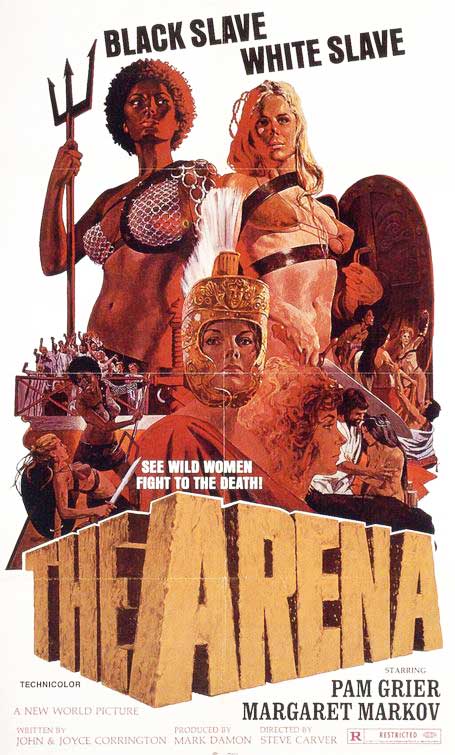★★
“Near-dead.”
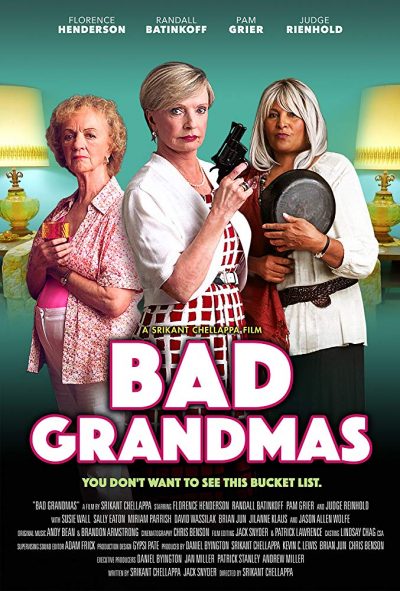 There is entertainment value to be found even in bad movies. Bad action, horror and SF are sometimes just as amusing as the good stuff. But bad comedy is almost irredeemable: that’s why Mystery Science Theater 3000 rarely go there. Bad comedy just… sits there, dull and unamusing, almost worthless. And that’s what we have here. It’s a somewhat interesting idea, with some potential. Unfortunately, the execution – mostly in the script and direction – are so woefully inept that even the brave efforts of Florence Henderson, in her final film, aren’t enough to salvage it. And wasting the talents of Pam Grier needs to be some kind of cinematic capital offense.
There is entertainment value to be found even in bad movies. Bad action, horror and SF are sometimes just as amusing as the good stuff. But bad comedy is almost irredeemable: that’s why Mystery Science Theater 3000 rarely go there. Bad comedy just… sits there, dull and unamusing, almost worthless. And that’s what we have here. It’s a somewhat interesting idea, with some potential. Unfortunately, the execution – mostly in the script and direction – are so woefully inept that even the brave efforts of Florence Henderson, in her final film, aren’t enough to salvage it. And wasting the talents of Pam Grier needs to be some kind of cinematic capital offense.
Mimi (Henderson) is trying to help out her friend Bobbi (Wall), who is being thrown out of her house by an evil son-in-law. She goes to confront the perp, only for him to end up dead. She and her senior citizenette pals dispose of the body, hiding it in a freezer. But this just brings them to the attention of Harry (Reinhold), the local loan-shark to who the son-in-law owed two hundred grand. He kidnaps Bobbi, demanding the house or the money; Mimi is having none of that, and when Harry sends over an associate to collect, the henchmen ends up similarly dismembered and in the deep-freeze. Meanwhile, the local sheriff (Batinkoff) is also sniffing around, initially having been investigating Harry’s financial dealings.
Henderson does her best with material which seems designed to destroy any audience sympathy. For example, her first victim isn’t killed initially, and Mimi immediately stabs him in the heart to finish the job. I remind you: this film is supposedly a comedy. If it wanted to go this “dark passenger” route [and it includes an explicit reference to Dexter], that might have worked better, and I’d have been fine with it. Make Mimi a retired serial killer, former CIA operative or something to explain her apparent psychopathic tendencies. For the ease with which she slides from genteel retirement into cold-blooded dispatch is jarring and at odds with the light-hearted tone for which the film is aiming (and, largely, falling short).
A far more egregious complaint would be putting one of the godmothers of action heroineism, Grier, in a timid, mouse-like role, beneath a poorly-considered blonde wig, and giving her next to nothing to do. I know she’s in her late sixties, but that never stopped the similarly-aged Helen Mirren from letting rip in Red. I just breathed a sigh of relief on checking Pam’s filmography to discover she had appeared in other films since. Bad enough this was Henderson’s swan-song, we didn’t need it also to be that of an unquestioned icon like Grier. I sense where this is trying to go – something similar to the Bad Ass franchise, with its similarly mature cast of Dannys Glover and Trejo. However, that knew what to do with its characters, and made much better use of them than this, a well-intentioned failure.
Dir: Srikant Chellappa
Star: Florence Henderson, Randall Batinkoff, Judge Reinhold, Susie Wall





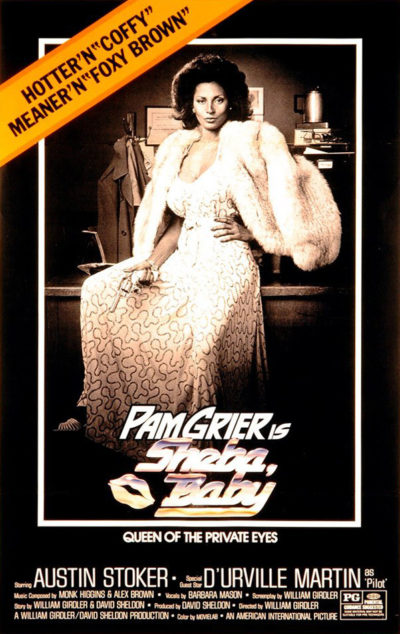 After the success of
After the success of 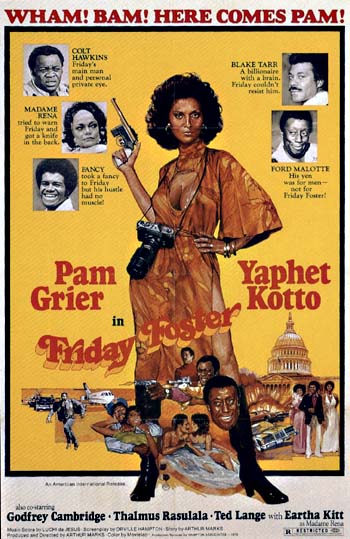

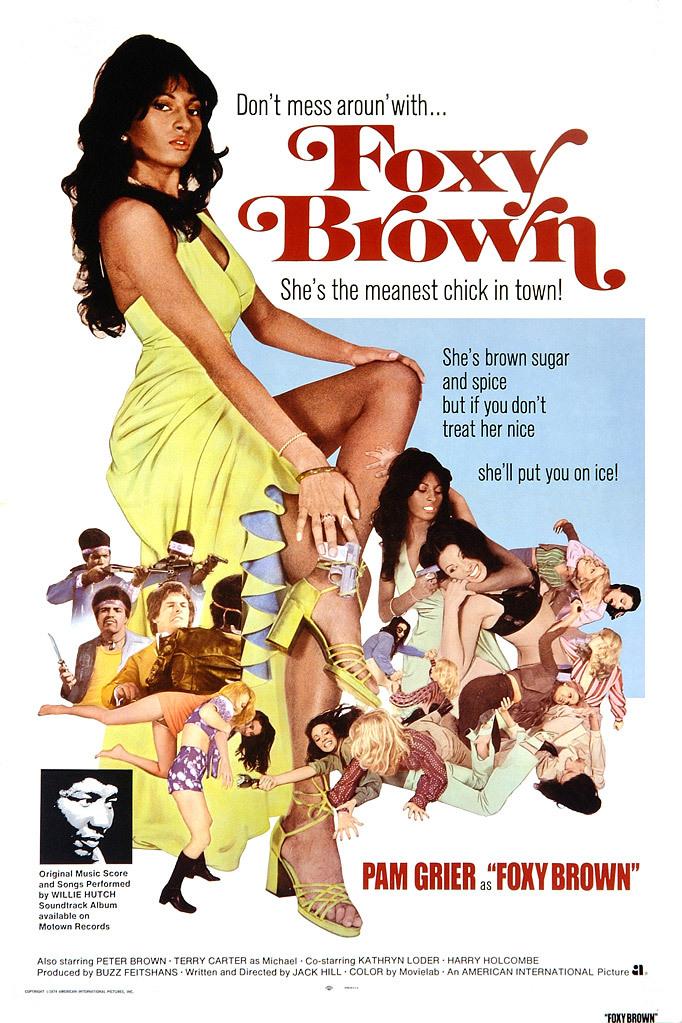
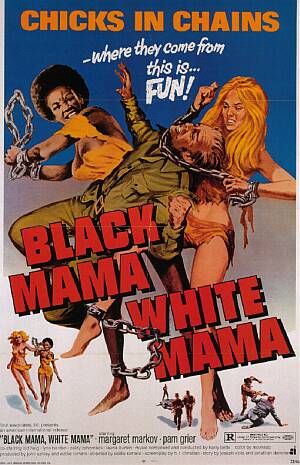 The biggest shock this has to offer is likely the opening credit, “based on an original story by Joseph Viola and…
The biggest shock this has to offer is likely the opening credit, “based on an original story by Joseph Viola and…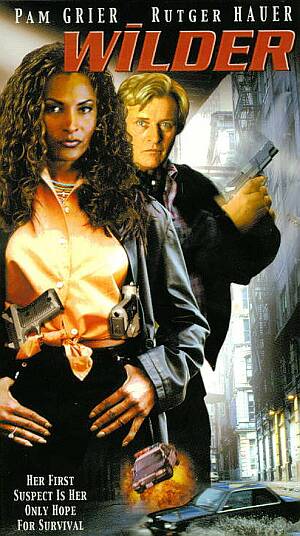 The first ten minutes of this seem intent on running out every stereotype possible: Pam Grier as a hot-headed black cop, juggling her job with life as a single mother, taking on prejudiced neighbours, etc, etc. Even her name – Wilder – sounds like something generated by a cliche machine. But as the film goes on, it twists away from the murder-mystery it starts as, eventually corkscrewing off into conspiracy theory, the black market in radioactive materials, illicit medical experiments and corrupt big business.
The first ten minutes of this seem intent on running out every stereotype possible: Pam Grier as a hot-headed black cop, juggling her job with life as a single mother, taking on prejudiced neighbours, etc, etc. Even her name – Wilder – sounds like something generated by a cliche machine. But as the film goes on, it twists away from the murder-mystery it starts as, eventually corkscrewing off into conspiracy theory, the black market in radioactive materials, illicit medical experiments and corrupt big business.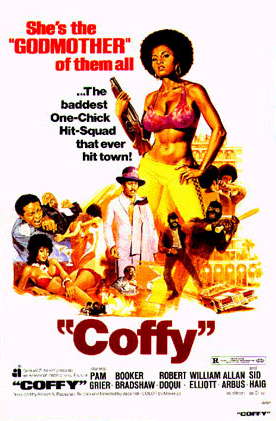 Neither star Grier nor director Hill were exactly strangers to the world of exploitation when they made this, but their combination here created a whole new subgenre, crossing action heroineism with black cinema. Following her would come Foxy Brown, Cleopatra Jones and the rest, but let it be said, Coffy was the first of any significance.
Neither star Grier nor director Hill were exactly strangers to the world of exploitation when they made this, but their combination here created a whole new subgenre, crossing action heroineism with black cinema. Following her would come Foxy Brown, Cleopatra Jones and the rest, but let it be said, Coffy was the first of any significance.